Chess has transcended its traditional role as a board game, growing into a global tool for social transformation.
From the slums of Lagos to classrooms across London and New York, chess is being used as a tool to shape minds, build communities, and create opportunities for underserved communities.
This article will examine how chess fosters community development, empowers children, and inspires change, highlighting its profound social impact.
We will also investigate real-world success stories, such as Chess in Slums Africa and Queen of Katwe.
The Untapped Potential of Chess in Society
Despite the game’s growing popularity, many chess promoters and professionals believe it has yet to harness its full potential.
Beyond the Board: A New Perspective on the Royal Game

Chess is often viewed as an intellectual game played only on a 64-square board.
However, the game’s benefits extend far beyond that; it teaches patience, discipline, and resilience—qualities crucial to personal growth and societal development.
When used in structured programs, chess can uplift entire communities by fostering skills that translate into education, career, and societal progress. It simply empowers.
Why “Major” Impact Matters
The term “major” here is significant because, although chess has long been appreciated for its benefits to young people, its use as a structured tool for community development has gained popularity in recent years.
In a nutshell, a significant social impact means programs that are scalable, sustainable, and result-driven, creating a pathway to better futures, rather than just teaching chess.
Key Areas Where Chess Drives Social Change
Over time, people and cultures have realized that the value of chess transcends leisure and battle strategies and can also provide psychological and even physical benefits, especially for children.
Boosting Cognitive Development in Youth Programs

Research studies, such as Giovanni Sala’s 2017 study, demonstrate that children who play chess excel academically.
The structured nature of the game enhances memory, attention span, and creativity.
Chess is now used in schools worldwide as an educational tool to improve math, reading, and problem-solving abilities.
These chess education programs benefit children from underserved and disadvantaged communities by providing intellectual stimulation, curiosity, and confidence.
Building Inclusive Communities and Social Cohesion
Chess is a universal language where age, gender, and social status become irrelevant once the pieces are on the board.
Local chess clubs and access to tournaments provide a safe space where different groups can interact, have fun, and enjoy the game together.
This inclusivity in chess clubs fosters empathy, breaks down social barriers, and strengthens community ties among participants.
Empowering Disadvantaged Groups Through Chess Education
One of the most inspiring uses of chess in empowering marginalized communities is the work of organizations like Chess in Slums Africa, which aid and support children living in poverty.
Such organizations provide them with resources and help develop skills that lead to scholarships, careers, and personal growth.
With chess as the driving force behind all of this, it has become more than just a game—it is a lifeline to a better life for these children.
Case Studies: Real-World Examples of Chess’s Impact
We now look at real application where chess has already made impact in some critical parts of the world.
Inspiring Change in Africa

Africa has become a focal point for chess-driven change. For example, in Lagos, Nigeria, Coach Tunde Onakoya founded Chess in Slums Africa.
This NGO has lifted hundreds of children out of the slums and dire circumstances through chess and education.
Perhaps better known is the story of Phiona Mutesi, the Ugandan prodigy whose life inspired one of the top 10 chess movies, Queen of Katwe.
The movie showcases how chess can transform lives even when the odds are not in one’s favor.
You can make a difference by joining the movement to help marginalized children through chess. Consider a career in chess as a social impact worker in the world of chess.
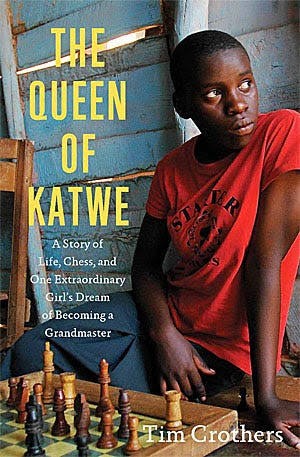
Success Stories from Chess in Schools Initiatives
Across the world, school-based chess programs are producing impressive results.
Countries like Armenia and Spain have integrated chess into their education systems, leading to notable enhancements in students’ academic performance.
These initiatives demonstrate that chess is more than just an extracurricular activity; it is a tool for holistic education.
Implementing Chess for Greater Social Good
Essential Components of Effective Chess Programs
For chess programs to achieve sustainable social impact, they must have the following features:
- Accessibility: The main goal of social change is to provide free or low-cost resources to underserved communities.
- Mentorship: Training coaches who can inspire and guide.
- Integration: Embedding chess into schools and community centers.
- Monitoring and Evaluation: It is crucial to assess the progress in both the academic and social settings. Constant monitoring and tracking of outcomes and targets ensure goals are met.
How Individuals and Organizations Can Contribute
Individuals and organizations can support the chess for social change movement by sponsoring local tournaments, donating chess sets, volunteering as chess mentors, or advocating for chess education in schools.
From sponsoring local tournaments to donating chess sets, every effort counts, and each donation made is pivotal to impacting lives.
Social workers can raise support for kids by using chess to raise money.

Expanding Reach and Maximizing Efforts
The major challenge comes with scaling.
Thanks to technology and platforms like Chess.com, chess can now reach millions through online lessons, global tournaments, and social initiatives, expanding its accessibility.
The goal is not only to produce master-level players but also to cultivate critical leaders, thinkers, and global change-makers through chess programs.
Chess has already proven it can empower and drive positive change. By redirecting resources and investing in chess for societal change, societies can unlock the game’s full potential.
Conclusion
Throughout history, chess has transitioned from an ancient strategy game to a contemporary instrument for social empowerment.
Ranging from youth development programs to grassroots initiatives in underserved communities, its impact is both profound and far-reaching.
As stories from Africa, Europe, and other continents reveal, the social impact of chess is not only real but also transformative.
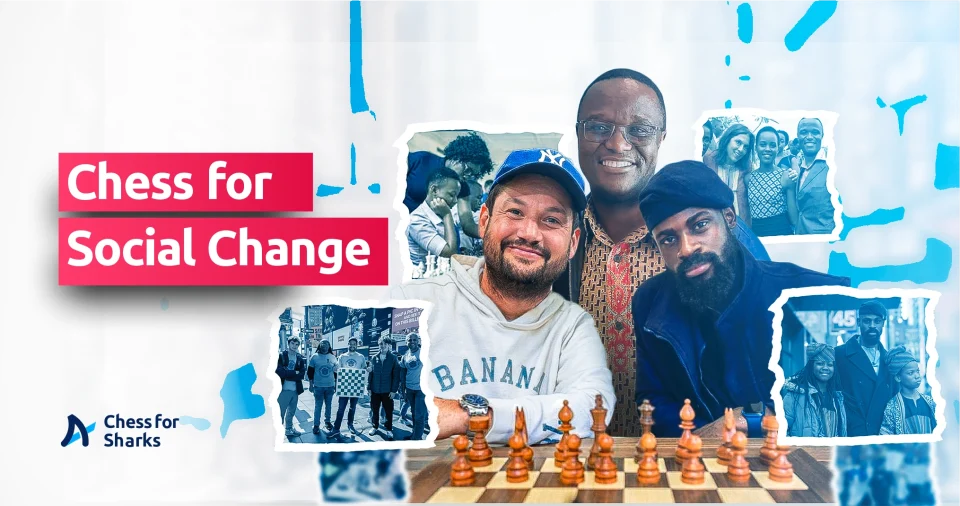
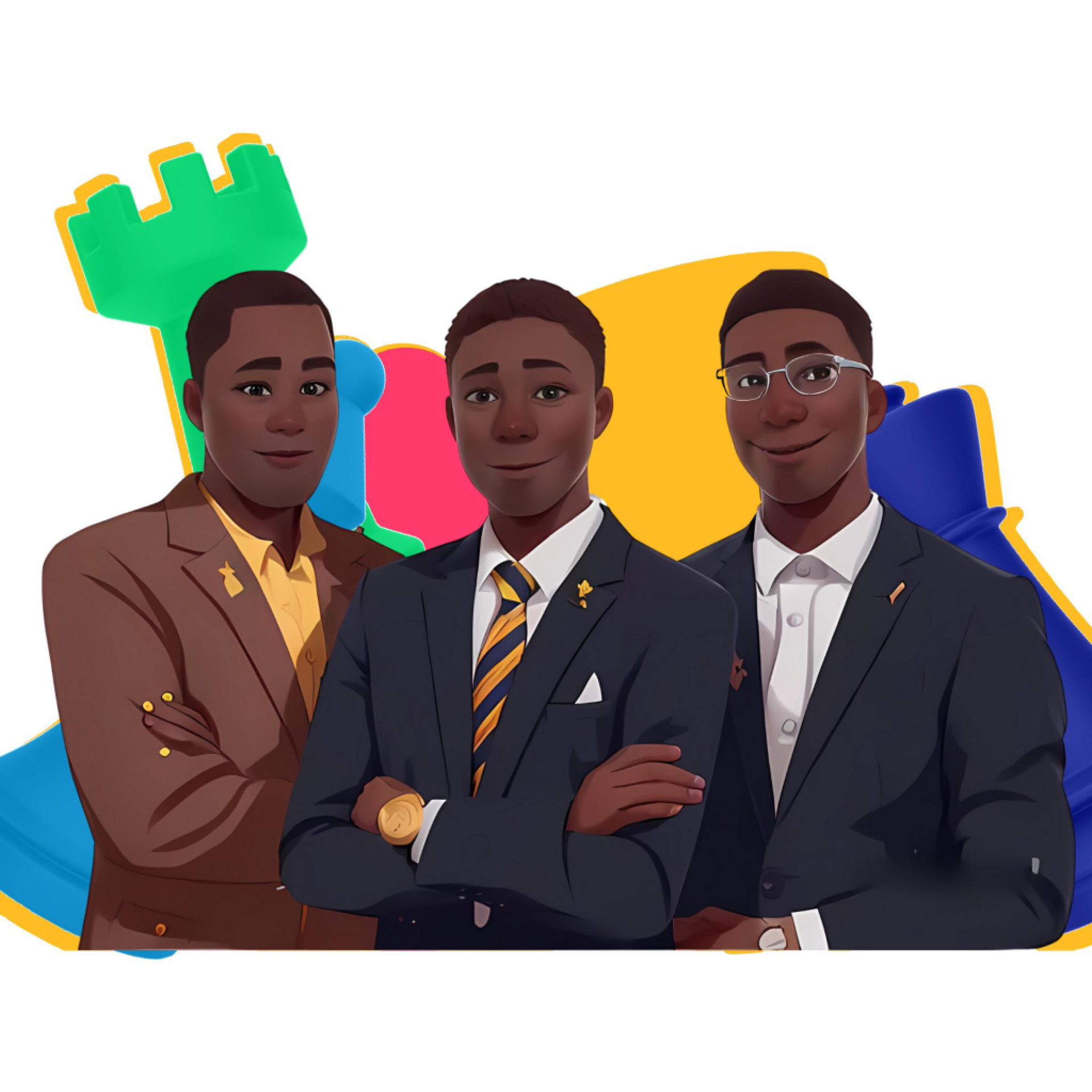


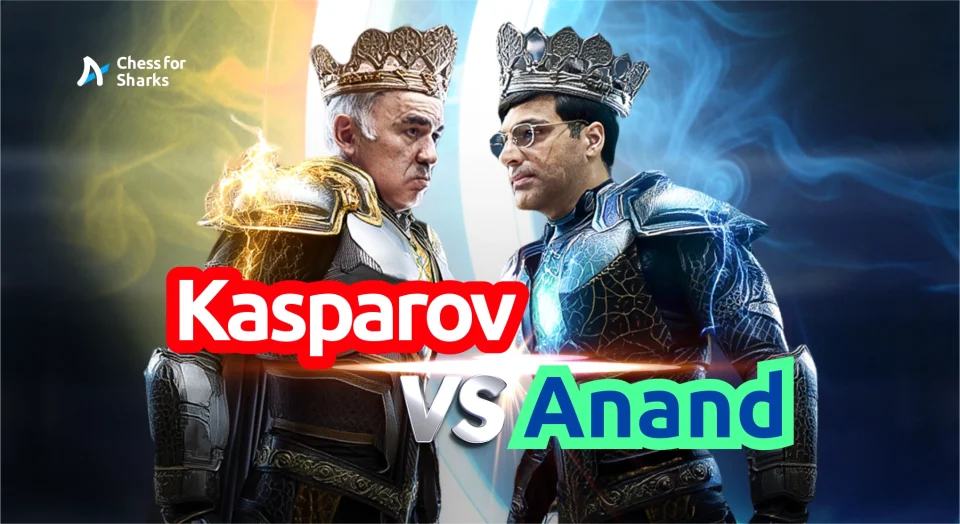

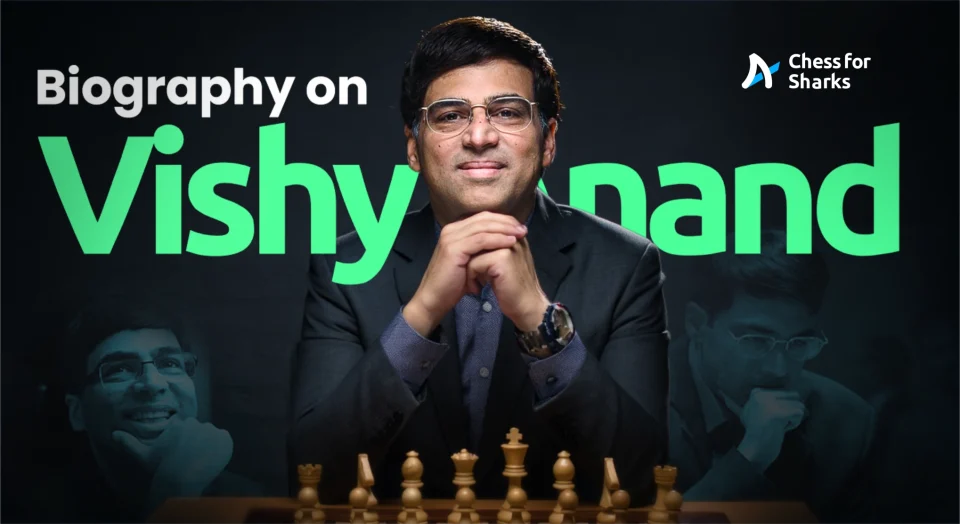
join the conversation